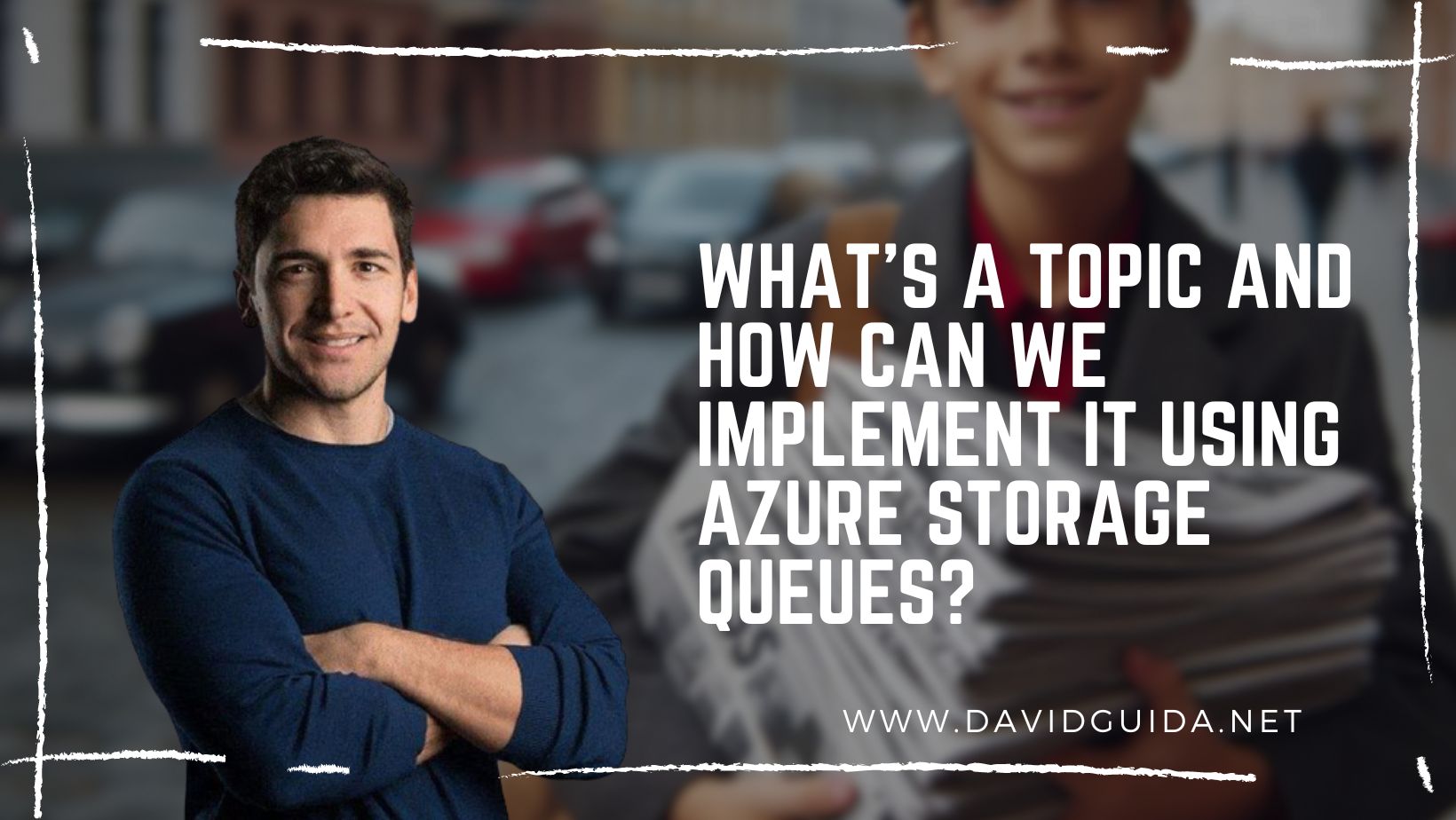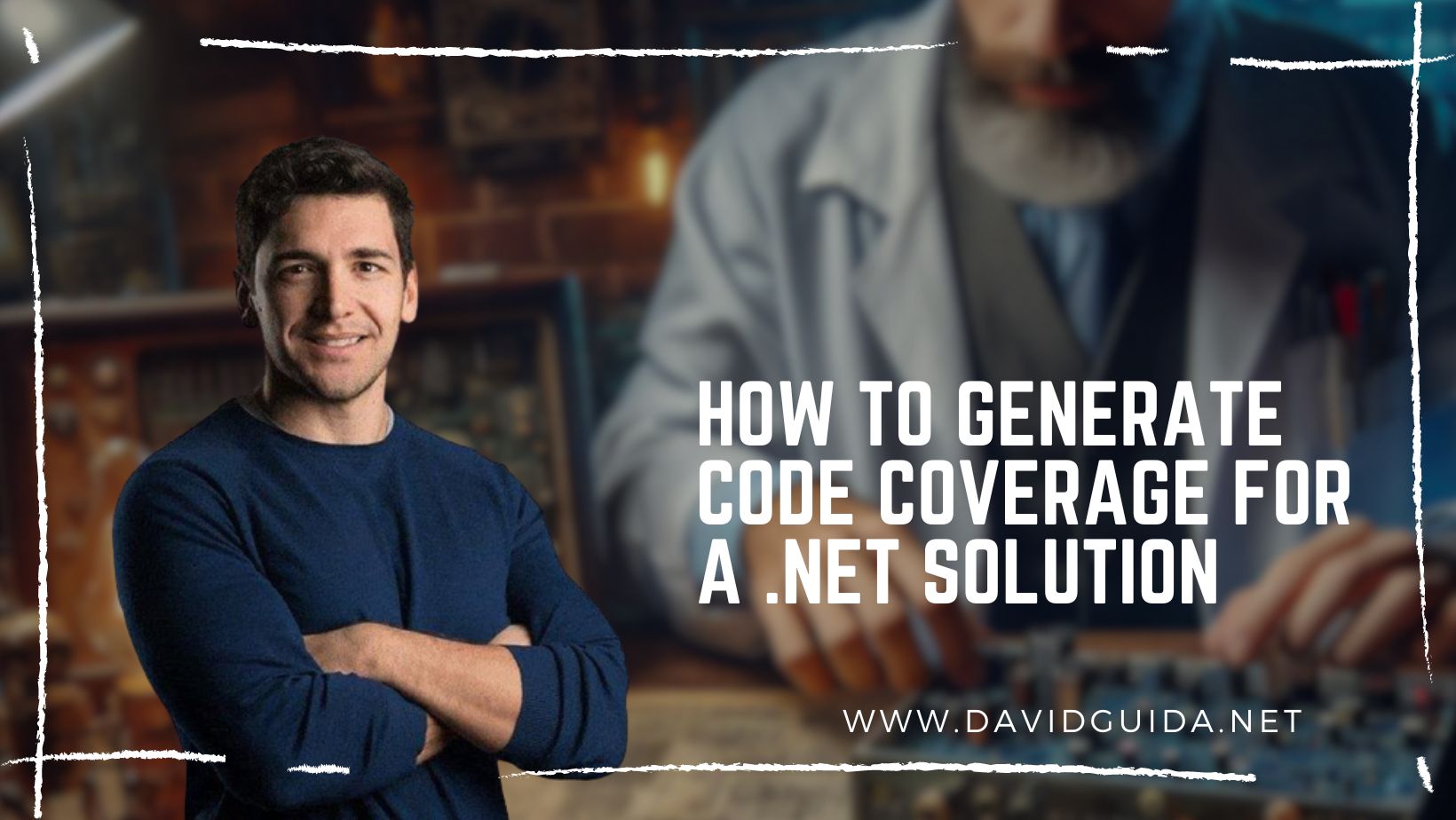
Blazor Gamedev – part 13: collision handling
Hi All! Welcome back to part 13 of our Blazor 2d Gamedev series. Today we’re going to see how we can respond when a collision happens between two GameObjects.
Last time we saw a (somewhat) simple way to split our game world in a grid. It helped a lot, reducing the complexity of detecting collisions between entities.
But we haven’t seen how we can respond to a collision. Once we’ve detected that two (or more) GameObjects are colliding, what should we do?
The code was available in Example 11, so probably some of you have found out the answer already.
The idea is as usual pretty simple: we can leverage C# delegates and events! All we have to do is to expose a nice event on our BoundingBoxComponent class, something like this:
public class BoundingBoxComponent : BaseComponent
{
/* code omitted for brevity*/
public event OnCollisionHandler OnCollision;
public delegate void OnCollisionHandler(BoundingBoxComponent sender, BoundingBoxComponent collidedWith);
}
Now, if you remember from our last article, the CollisionBucket class has a CheckCollisions() method.
It is looping over its internal collection of colliders (which are basically instances of BoundingBoxComponent) and when it detects a collision, calls the CollideWith() method on BoundingBoxComponent.
This one is simply forwarding the call to the registered event handlers:
public class BoundingBoxComponent : BaseComponent
{
/* code omitted for brevity*/
public void CollideWith(BoundingBoxComponent other) => this.OnCollision?.Invoke(this, other);
}
At this point all we have to do is create the proper event handler for our GameObjects. For example, we can decide to disable an asteroid if it collided with anything else. We can easily do that in our class:
public class AsteroidBrain : BaseComponent {
private AsteroidBrain(GameObject owner) : base(owner) {
_boundingBox = owner.Components.Get<BoundingBoxComponent>();
_boundingBox.OnCollision += (sender, collidedWith) =>
{
this.Owner.Enabled = false;
};
}
}
We could also decide to add other logic here. For example, if we’re colliding with another asteroid, we can respond by changing direction to both the GameObjects involved. The possibilities are endless!
I might be less diligent now with the next posts. I have decided to open a YouTube channel, I’ll be publishing small video tutorials and doing live coding sessions.
The first one is already available and there’s a new one coming on Friday 22nd.
Stay tuned!
Did you like this post? Then




